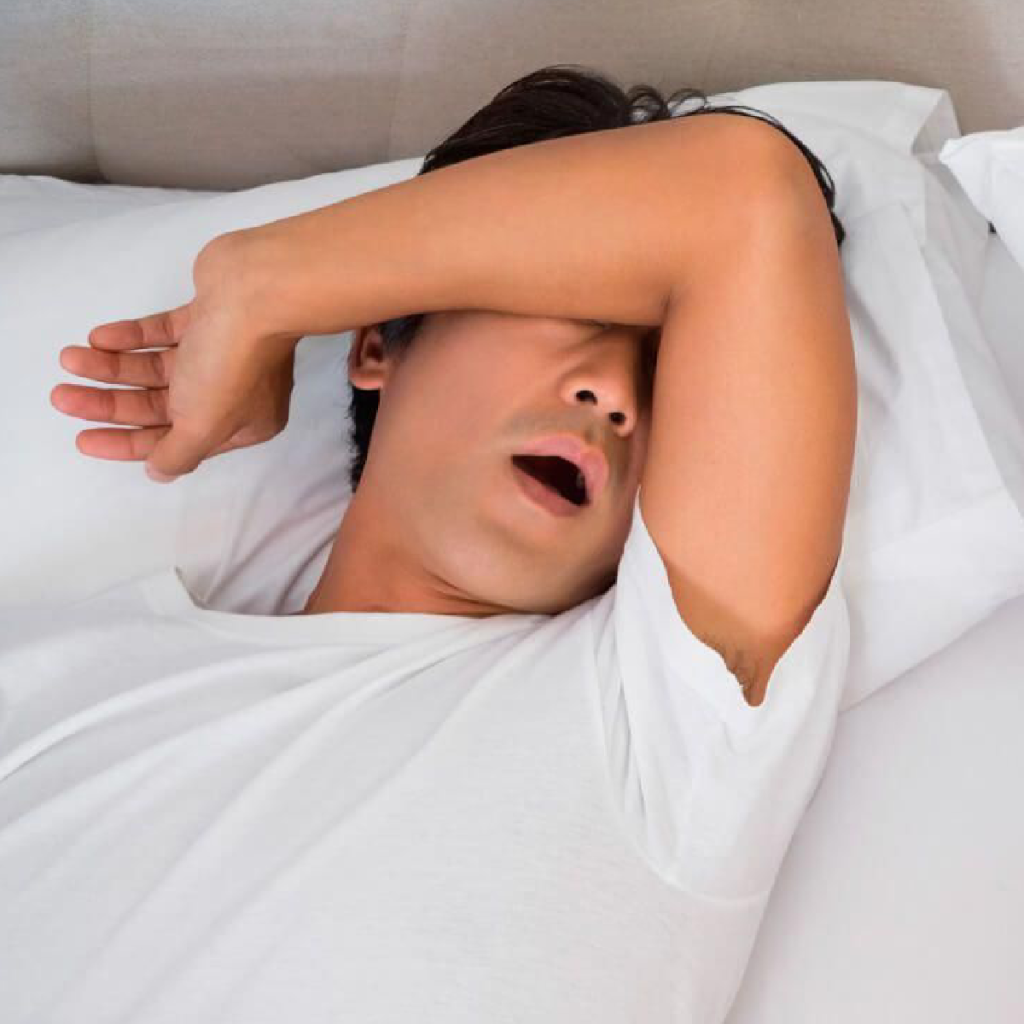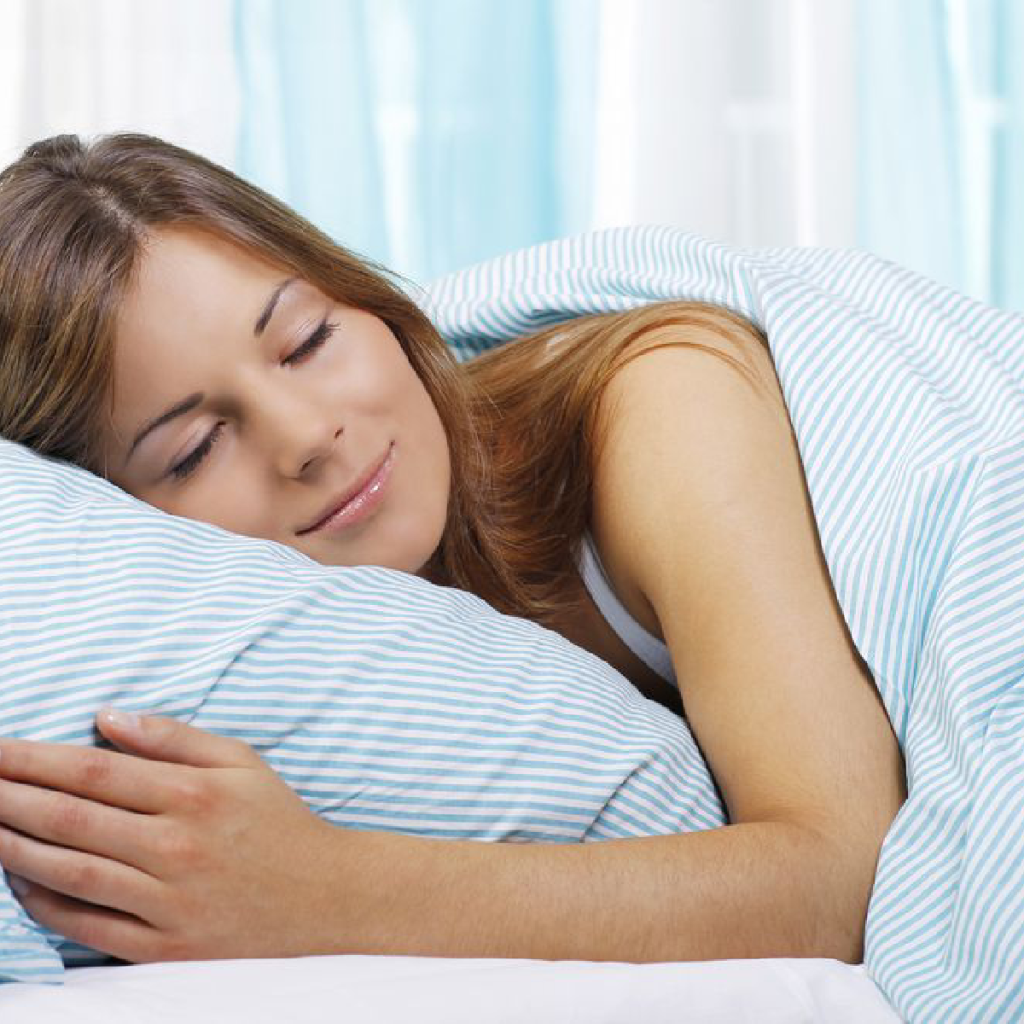Discover the relationship between age and sleep disorders like sleep apnea.
Can Sleep Disorders Like Sleep Apnea Develop with Age?
Are you finding it harder to get a good night’s sleep as you get older? You’re not alone! Sleep disorders, including the notorious sleep apnea, can indeed develop with age. But fear not, fellow sleepyheads! In this article, we will explore the fascinating world of sleep disorders in older adults, uncovering their causes, symptoms, and potential treatment options. So, let’s dive into the realm of Zzzs and explore this dreamy topic together!

Understanding Sleep Disorders
Before we unravel the intricate relationship between age and sleep disorders, let’s first get familiar with what sleep disorders really are. When we talk about sleep disorders, we’re referring to a variety of conditions that disturb our normal sleep patterns. These disorders can affect the duration and quality of our sleep, leaving us feeling groggy and cranky in the morning.
Sleep disorders can manifest in various ways, impacting different aspects of our sleep. Some disorders, like insomnia, make it difficult to fall asleep or stay asleep throughout the night. Others, such as sleep apnea, involve interruptions in breathing while sleeping. These interruptions can range from a few seconds to a minute, preventing the body from fully relaxing and recharging during the night.
Now, let’s delve deeper into one of the most prominent sleep disorders: sleep apnea. Sleep apnea is a condition that affects millions of people worldwide. It is characterized by repeated pauses in breathing during sleep. These pauses, known as apneas, can occur multiple times throughout the night, disrupting the natural sleep cycle.
Defining Sleep Apnea
One of the most prominent sleep disorders is sleep apnea. Now, you might be wondering, “What on earth is sleep apnea?” Well, my friend, sleep apnea is a condition that causes interruptions in your breathing while you sleep. These interruptions can be as short as a few seconds or as long as a minute, not giving you time to fully relax and recharge your sleepy batteries.
There are three main types of sleep apnea: obstructive sleep apnea, central sleep apnea, and complex sleep apnea syndrome. Obstructive sleep apnea occurs when the muscles in the back of the throat fail to keep the airway open, leading to breathing difficulties. Central sleep apnea, on the other hand, is caused by a malfunction in the brain’s respiratory control center, which fails to send proper signals to the muscles that control breathing. Complex sleep apnea syndrome is a combination of both obstructive and central sleep apnea.
Common symptoms of sleep apnea include loud snoring, gasping or choking during sleep, excessive daytime sleepiness, morning headaches, and difficulty concentrating. If left untreated, sleep apnea can have serious consequences on overall health, increasing the risk of high blood pressure, heart disease, stroke, and even accidents due to daytime sleepiness.
Common Sleep Disorders in Older Adults
As we age, our sleep patterns tend to change, making us more susceptible to certain sleep disorders. Some common sleep disorders among older adults include insomnia, restless leg syndrome, narcolepsy, and, of course, the ever-dreaded sleep apnea.
Insomnia, characterized by difficulty falling asleep or staying asleep, becomes more prevalent with age. Factors such as chronic pain, medication side effects, and changes in sleep architecture contribute to the development of insomnia in older adults. Restless leg syndrome, which causes uncomfortable sensations in the legs and an irresistible urge to move them, can also disrupt sleep and affect the quality of rest.
Narcolepsy, a neurological disorder that affects the brain’s ability to regulate sleep-wake cycles, can also be more common in older adults. This condition leads to excessive daytime sleepiness, sudden loss of muscle tone (cataplexy), hallucinations, and sleep paralysis. Lastly, sleep apnea, as mentioned earlier, becomes more prevalent as we age, affecting the breathing patterns during sleep and leading to fragmented and poor-quality sleep.
It is essential for older adults to address and manage sleep disorders effectively to maintain overall health and well-being. Seeking medical advice, practicing good sleep hygiene, and exploring treatment options can significantly improve sleep quality and mitigate the impact of these disorders on daily life.
The Connection Between Age and Sleep Disorders
Now that we’ve scratched the surface of sleep disorders, let’s delve deeper into the intriguing connection between age and these sneaky slumber disruptors.
Age is a fascinating factor when it comes to sleep disorders. As we gracefully age, our bodies undergo various biological changes that can affect our sleep patterns, making it harder to catch those much-needed Zzzs.
Biological Changes and Sleep Patterns
One of the key factors contributing to sleep disruptions as we age is the hormonal shifts that occur in our bodies. As we get older, the production of certain hormones, such as melatonin, decreases. Melatonin is a hormone that helps regulate our sleep-wake cycle, and a decrease in its production can lead to difficulties in falling asleep and staying asleep.
In addition to hormonal changes, alterations in our circadian rhythm also play a role in sleep disturbances. Our circadian rhythm is our body’s internal clock that regulates our sleep-wake cycle. As we age, this internal clock can become less synchronized, causing our sleep patterns to become irregular. This can result in fragmented sleep and frequent awakenings throughout the night.
Sleep Apnea and Aging: What’s the Link?
Aging and sleep apnea have a complex relationship. Sleep apnea is a sleep disorder characterized by pauses in breathing or shallow breaths during sleep. It can have serious consequences for our health and well-being.
As we grow older, our airways tend to become narrower and less flexible. This natural aging process makes them more susceptible to blockages during sleep. Combined with decreased muscle tone, particularly in the throat and tongue, this can lead to the development or worsening of sleep apnea.
Imagine playing a twisted game of “guess what’s obstructing your breathing this time” every night! The narrowing airways and decreased muscle tone make it more challenging for air to flow freely, causing breathing interruptions and disturbances in sleep.
It’s important to note that sleep apnea is not a normal part of aging, but rather a condition that can be more prevalent in older individuals due to these physiological changes. Seeking proper diagnosis and treatment is crucial to ensure a good night’s sleep and overall well-being.
Symptoms of Sleep Disorders in Older Adults
So, how can you tell if you’re dealing with a sleep disorder? Let’s take a closer look at the telltale signs that might be keeping you tossing and turning at night.
Sleep disorders can have a significant impact on the quality of your sleep and overall well-being. As we age, our sleep patterns may change, and it’s essential to recognize the symptoms that could indicate the presence of a sleep disorder.
Recognizing Sleep Apnea Symptoms
When it comes to sleep apnea, there are a few red flags to watch out for. Do you find yourself snoring like a chainsaw, waking up gasping for air, or experiencing morning headaches? These delightful symptoms might be your body’s way of saying, “Hey, guess what? Sleep apnea has made itself comfy in your bedroom!”
Sleep apnea is a common sleep disorder characterized by pauses in breathing or shallow breaths during sleep. These pauses can last for a few seconds to a few minutes and can occur multiple times throughout the night. The loud snoring and gasping for air are caused by the body’s effort to overcome the obstruction in the airway.
Aside from snoring and gasping for air, sleep apnea can also lead to other symptoms. Some individuals may experience daytime sleepiness, difficulty concentrating, and irritability. If left untreated, sleep apnea can increase the risk of developing other health conditions such as high blood pressure, heart disease, and stroke.
Other Sleep Disorder Indicators
While sleep apnea commands the spotlight, it’s essential to keep an eye out for other sleep disorder indicators too. Do you struggle to fall asleep or stay asleep throughout the night? Do you often feel excessively tired during the day, even after a full night’s sleep? These manifestations might signal the presence of other pesky sleep disorders.
Insomnia is a common sleep disorder that can affect people of all ages, including older adults. It is characterized by difficulty falling asleep, staying asleep, or both. Insomnia can be caused by various factors, including stress, anxiety, certain medications, and underlying health conditions.
Another sleep disorder to be aware of is restless legs syndrome (RLS). Individuals with RLS experience uncomfortable sensations in their legs, often described as aching, itching, or throbbing. These sensations can be relieved temporarily by moving the legs, but they tend to return when at rest, making it challenging to fall asleep or stay asleep.
Additionally, older adults may be more prone to developing sleep disorders such as periodic limb movement disorder (PLMD) and circadian rhythm disorders. PLMD involves involuntary movements of the legs or arms during sleep, while circadian rhythm disorders disrupt the body’s internal clock, leading to difficulties in falling asleep or waking up at the desired times.
It’s important to consult with a healthcare professional if you suspect that you may have a sleep disorder. They can evaluate your symptoms, conduct necessary tests, and recommend appropriate treatment options to help improve your sleep and overall quality of life.
Diagnosis and Treatment of Sleep Disorders
Now that we’ve identified the enemy, let’s explore how to defeat it! The key to winning the battle against sleep disorders lies in accurate diagnosis and suitable treatment options.
How Sleep Disorders are Diagnosed
If you suspect you’re dealing with a sleep disorder, seeking medical advice is crucial. Sleep specialists can conduct a sleep study, where they monitor your brain activity, breathing patterns, and overall sleep behaviors. And no, they won’t judge that goofy dream you had about a talking penguin wearing a top hat!
Treatment Options for Sleep Apnea and Other Disorders
Once your pesky sleep disorder is identified, a variety of treatment options may be explored. For sleep apnea, continuous positive airway pressure (CPAP) machines and lifestyle adjustments, such as weight loss or altered sleeping positions, can work wonders. Other sleep disorders may require alternative treatments, tailored specifically to your unique case.
Prevention and Management of Sleep Disorders
Prevention is always better than a groggy morning regret, right? Let’s venture into the world of prevention and discover how you can manage sleep disorders like a seasoned sleep champion!

Lifestyle Changes for Better Sleep
Sometimes, simple lifestyle adjustments can make a significant difference in your sleep quality. Maintaining a regular sleep schedule, creating a relaxing bedtime routine, and optimizing your sleep environment by dimming the lights and creating a noise-free sanctuary can set the stage for a restful night of slumber.
Medical Interventions and Their Role
In some cases, medical interventions may be necessary. Sleep disorders can be complex creatures, and consulting with a healthcare professional is crucial to find the most effective treatment plan for you. Remember, you deserve a good night’s sleep, no matter your age!
So there you have it, dear fellow sleep enthusiasts! Sleep disorders, including the notorious sleep apnea, can indeed develop with age. But fear not! With proper diagnosis, suitable treatments, and a sprinkle of lifestyle changes, you can reclaim your rightful spot among the land of sleep-deprived unicorns. Remember, everyone deserves a solid night of slumber, regardless of their age!







Your article helped me a lot, is there any more related content? Thanks!
I don’t think the title of your article matches the content lol. Just kidding, mainly because I had some doubts after reading the article.